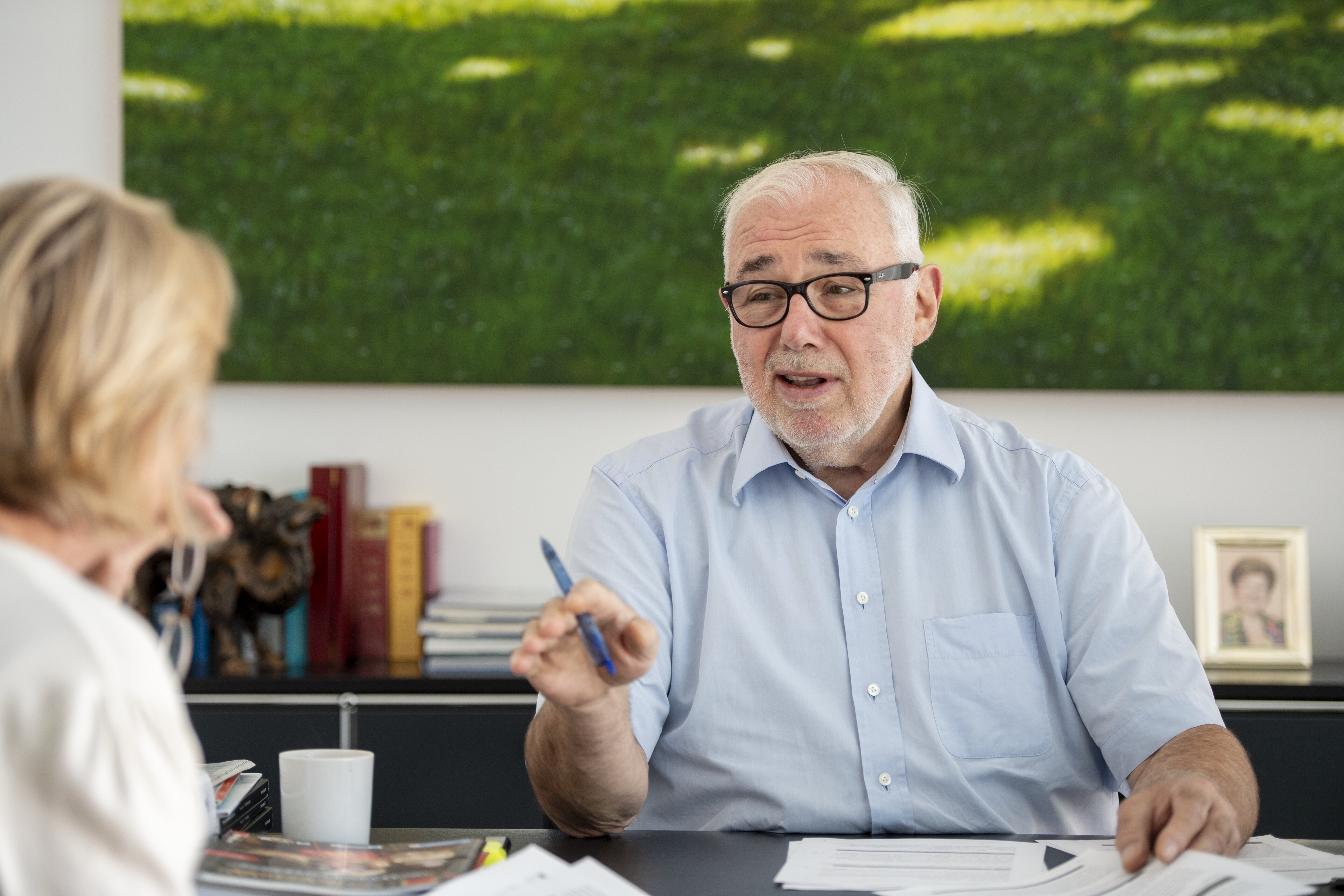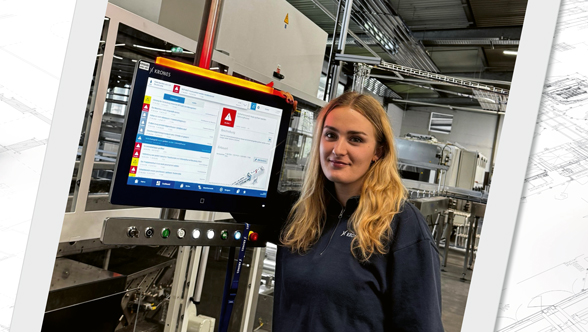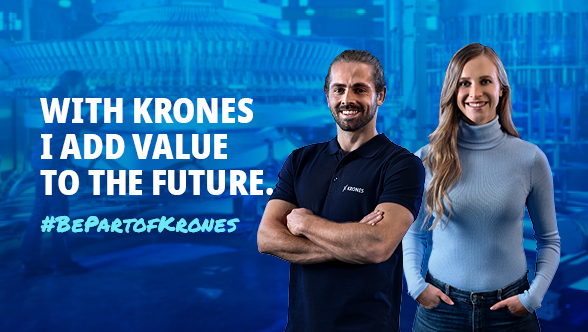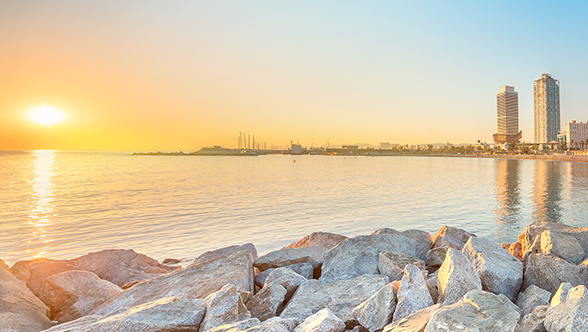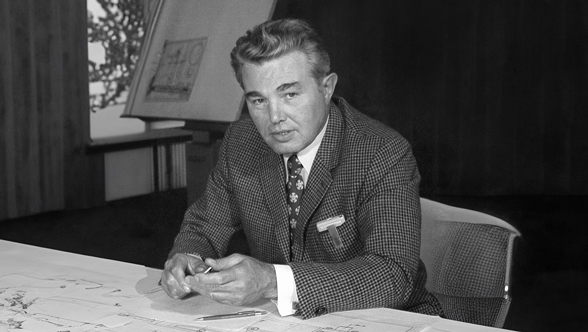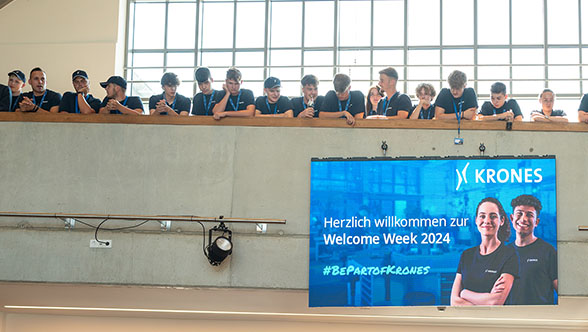Mr. Kronseder, Krones’ roots are in labelling technology. But how did your father come up with the idea of building a labelling machine, of all things?
My father came from a blacksmithing family and so was introduced to the crafts at an early age. He was always tinkering and really enjoyed putting his ideas to paper. Which is exactly what was needed after the war: people who could turn smart ideas into hands-on reality.
His exposure to labelling technology actually came indirectly, through my mother. My parents met in 1949. My mother was originally from Aufhausen, where a labelling machinery manufacturer had recently relocated its design department from Berlin, since the city had been destroyed during the war. It was through mutual connections that my father met his first business partner, a fellow who worked for that company and knew a thing or two about building labelling machines. His expertise and my father’s machine tools were a great combination – and the two of them decided fairly quickly to go into business. So, they built a workshop here in Neutraubling.
Their partnership only lasted about a year, but it was enough for my father to have a pretty good understanding of labelling machines. He also had plenty of ideas for how the existing systems could be improved. He drew the first machines of his own design at the kitchen table in our apartment in Neutraubling in 1951.

